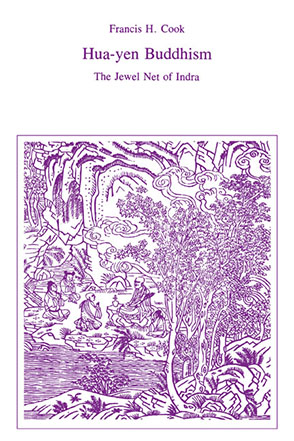
I do not know if I have had such a dream or not, as I rarely recall my dreams. I have had such moments on and off the cushion, however.
Lovely.
Gassho, J
stlah

 because this awareness inside "my" body", this observer really, really seems real to me and independent from any other possible "awareness".
because this awareness inside "my" body", this observer really, really seems real to me and independent from any other possible "awareness".


Leave a comment: